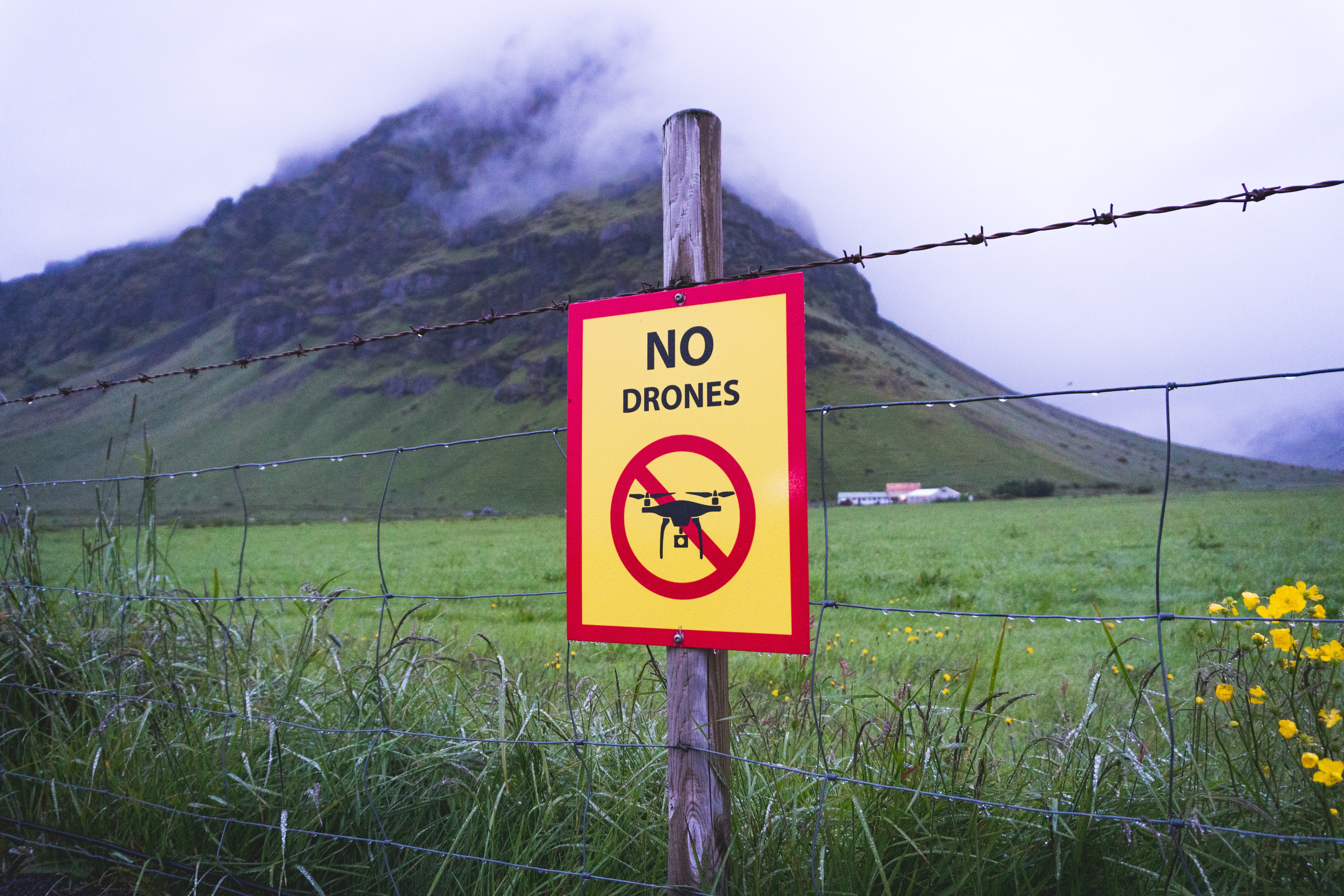By Laurin Liu*
Totalitarianism begins in contempt for what you have. The second step is the notion: “Things must change—no matter how, Anything is better than what we have.” Totalitarian rulers organize this kind of mass sentiment, and by organizing it articulate it, and by articulating it make the people somehow love it. . . . Totalitarianism appeals to the very dangerous emotional needs of people who live in complete isolation and in fear of one another.
— Hannah Arendt, comments made during an interview with the French writer Roger Errera (1974).
Arendt was writing about totalitarian Germany, but her observations about nationalist populism strike at the heart of current events. Trump’s executive order signed last week is an attempt to capitalize on populist Islamophobia. It closely followed executive orders on securing the nation’s interior, directing the U.S. Immigration and Customs Enforcement to provide reports quarterly “studying the effects of the victimization by criminal aliens present in the United States.” This, despite the fact that census data demonstrates that immigrants are less likely to commit crimes in United States than those born in America.
Trump’s election has spurred debate among human rights scholars about whether or not populism can be compatible with respect for human rights. Can the rule of law withstand populist behemoths, and are Western institutions strong enough to protect fundamental human rights against the overarching power of the President?
At the same time as we decry Trump’s lawlessness, a closer examination of executive power enshrined in law also appears to be necessary. In other words, at the same time as Trump ignores or blatantly violates international law, we may ask ourselves whether legal precedents set by the United States are the very institutions that enable Trump to act.
The enabling legal provision that allows for the order can be found in section 212(f) of the INA, 8 U.S.C. 1182(f). The sweeping powers this provision enshrines cannot be understated. It allows the president to suspend entry of entire groups of individuals upon finding “the entry of any aliens or of any class of aliens into the United States”, to be “detrimental to the interests of the United States”.
Moreover, as multiple observers have pointed out, “Donald Trump didn’t come up with the list of Muslim countries he wants to ban. Obama did.” Sara Harvard notes that some of the countries affected by the ban are those previously named by President Obama in his Visa Waiver Program Improvement and Terrorist Travel Prevention Act.
Meanwhile, Trump’s order explicitly invokes the rule of law: “The United States cannot, and should not, admit those who do not support the Constitution, or those who would place violent ideologies over American law.” Legal experts note that, contrary to what is stated, no statutory requirement exists that requires noncitizens entering the United States to support the Constitution. When the Trump administration falsely claims that the law is on their side, one wonders if this falls within the current administration’s tactic of inundating an uninformed public with “alternative facts.”
In neighbouring Canada, The Canadian Immigration Minister has announced that temporary residence permits will be offered to travellers stranded in Canada as a result of the travel ban. However, so far, Canada has indicated that it does not plan to make any changes to its refugee policy in response to the executive order, and has put into place no measures to offer asylum to those turned away from American soil.
Canadian lawyers and advocates, including two hundred law professors, Amnesty International, the Canadian Association of Refugee Lawyers, the Canadian Council for Refugees, the Quebec Immigration Lawyers Association and the Canadian Civil Liberties Association, have called on the Canadian government to immediately suspend the Safe Third Country Agreement (STCA).[1] The agreement prohibits any asylum-seeker entering Canada by way of the United States from applying for refugee status, under the principle that refugee claimants must be required to request protection in the first safe country they arrive in. To date, the U.S. is the only state that is designated as a safe third country by Canada under the Immigration and Refugee Protection Act. The Canadian government has consistently claimed that the requirements of the STCA continue to be met.
*Laurin Liu was the member of Parliament for Rivière-des-Mille-Îles (2011-2015), and has served as deputy critic in the Official Opposition for the environment, science and technology and international trade. She is currently completing a MSc in Human Rights at the London School of Economics and Political Science.
———————————————————————————————————-
[1] Article 10 of the agreement contains provisions for its suspension:
- This Agreement shall enter into force upon an exchange of notes between the Parties indicating that each has completed the necessary domestic legal procedures for bringing the Agreement into force.
- Either Party may terminate this Agreement upon six months written notice to the other Party.
- Either Party may, upon written notice to the other Party, suspend for a period of up to three months application of this Agreement. Such suspension may be renewed for additional periods of up to three months. Either Party may, with the agreement of the other Party, suspend any part of this Agreement.
- The Parties may agree on any modification of or addition to this Agreement in writing. When so agreed, and approved in accordance with the applicable legal procedures of each Party, a modification or addition shall constitute an integral part of this Agreement. See full text: http://www.cic.gc.ca/english/department/laws-policy/safe-third.as


very nice website article